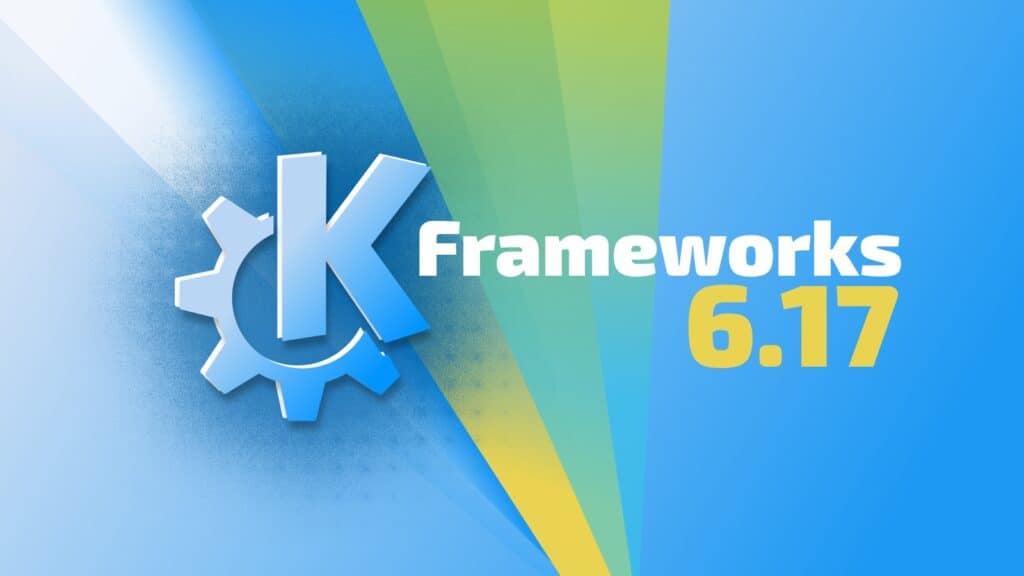Almost a month after its previous 6.16 release, KDE announced the launch of Frameworks 6.17, expanding its collection of add-on libraries to Qt and enhancing functionality available to developers across various platforms.
First off, you’ll notice that several key components have been updated to compile cleanly without leaning on Qt 6.10’s deprecated methods—and without relying on KDE Frameworks 6.16’s old APIs either. Attica, Bluez Qt, KArchive, KAuth, KBookmarks, and scores of others all now build free of those legacy calls.
Baloo, the file indexing engine that powers fast search in Dolphin, sees several fixes. Highlights include:
- Clang-friendly builds: Cleaned-up includes and an updated CI image mean fewer red X’s for people compiling with modern Clang versions.
- Saner crash handling: The extractor now copes when its parent process bails out mid-batch, and a brand-new test suite pokes at those corner cases so the bug doesn’t crawl back.
- Input validation: TermGenerator double-checks incoming text, zapping two long-standing UTF-16 corner-case bugs.
Metadata handling gets smarter, with the PlaintextExtractor now verifying that decoded text contains printable characters before processing it. This avoids junk data in file previews and searches.
File handling in KIO also saw plenty of love: thumbnail previews were refactored for better shared memory management, drop-and-drop events now report all possible actions, and a new “newest first” sorting option in KDirOperator.
KDE’s lightweight UI framework gets tighter layout handling, fixing long-standing issues like FormLayout misalignment. There’s also better toolbar behavior in single-column mode and fixes for dialog window styling.
Developers working with niche file formats will appreciate the newly added support for Expect scripting, WebVTT captions, JSON5, JSONC, and NFTables. Plus, Bash fans get the new substitution commands from version 5.3, while Tcl and Perl highlighters received important fixes and expansions.
Finally, KRunner now integrates XDG activation over DBus, making external app launches smoother, and it immediately saves launch counts whenever you fire off a query.
For those who prefer to build from source, the entire codebase for Frameworks 6.17 is available for download from KDE’s official website. On Linux, the recommended approach is to install binary packages from your distribution’s repositories.
Visit the official release announcement for more detailed information about KDE Frameworks 6.17, including a full list of updates and bug fixes.
